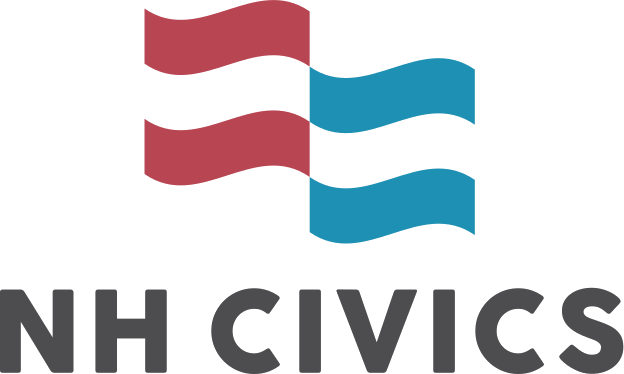Federalism and Conditional Spending Programs
Abstract:
The Constitution created a federal government whereby power is shared between the federal and state governments as well as the citizens. The Constitution delegates specific power to the federal government and under the Tenth Amendment reserves the remaining power to the states and to the people. However, over time Congress has attempted to expand federal power by placing conditions on the state receipt of federal funds as an extension of Congress’s spending power under Article 1, Section 8 of the Constitution. The Supreme Court has approved these conditional spending programs as a valid exercise of Congress’s spending power but has placed requirements on them in order to ensure they do not go too far as to make them an unconstitutional exercise of power. Question still exist, however, as to whether or not these programs violate the very principles of federalism that form the foundation of our constitutional system of government.
Essential Question:
- Do federal conditional spending programs violate the principles of federalism embodied in the Constitution?
Materials and Documents
Related Links
Videos and Media
Battles over whether to expand Medicaid under the federal health care law are still being waged. In Virginia, Republicans prevented Gov. Terry McAuliffe from opting the state into the expansion. Meanwhile, Republican governors in a handful of states are considering participation, but with added restrictions and requirements. Judy Woodruff learns more from Julie Rovner of Kaiser Health News.
Thomas Brackett Reed Professor of Government Andrew Rudalevige explained the concept of federalism in this edition of The Monkey Cage, the Washington Post‘s political science blog.
In which Craig Benzine teaches you about federalism, or the idea that in the United States, power is divided between the national government and the 50 state governments. Craig will teach you about how federalism has evolved over the history of the US, and what powers are given to the federal government, and what stuff the states control on their own. And he punches an eagle, which may not surprise you at all.
This cartoon explains health insurance using fun, easy-to-understand scenarios. It breaks down important insurance concepts, such as premiums, deductibles and provider networks. The video explains how individuals purchase and obtain medical care and prescription drugs when enrolled in various types of health insurance, including HMOs and PPOs.
With Medicare and Medicaid turning 50 this year, KFF provides a brief history of both programs, including an examination of the health care, social and political landscape that gave rise to them, the significant ways each program has evolved over five decades and the important roles they play in the U.S. health care system today.
Watch the newest YouToons video (released Nov. 11, 2014), Health Insurance Explained – The YouToons Have It Covered.
“Extremely non-biased and wonderful information that students can access!”
Looking for more information?
Please contact us with any questions you may have about any of our programs or would like additional information.
